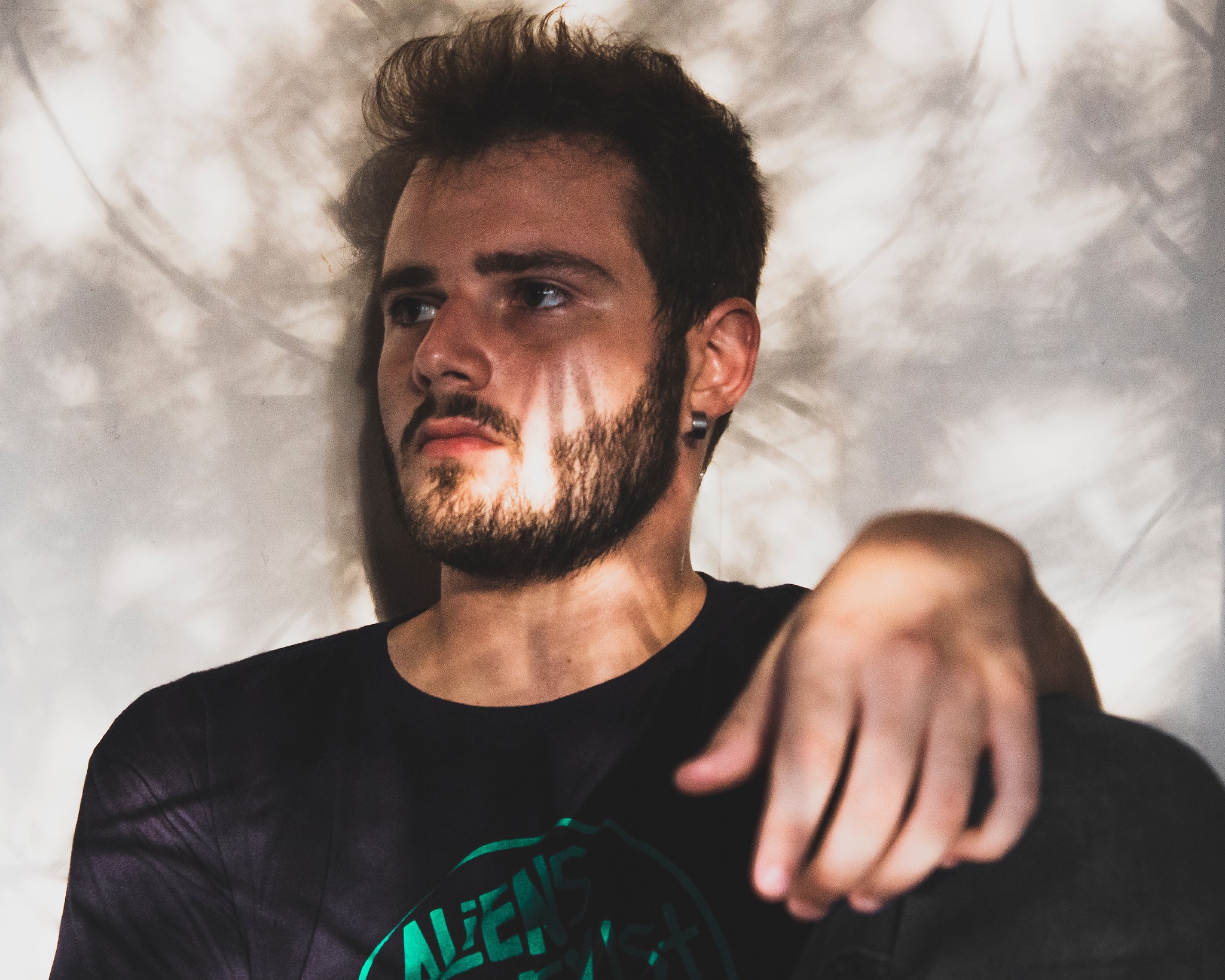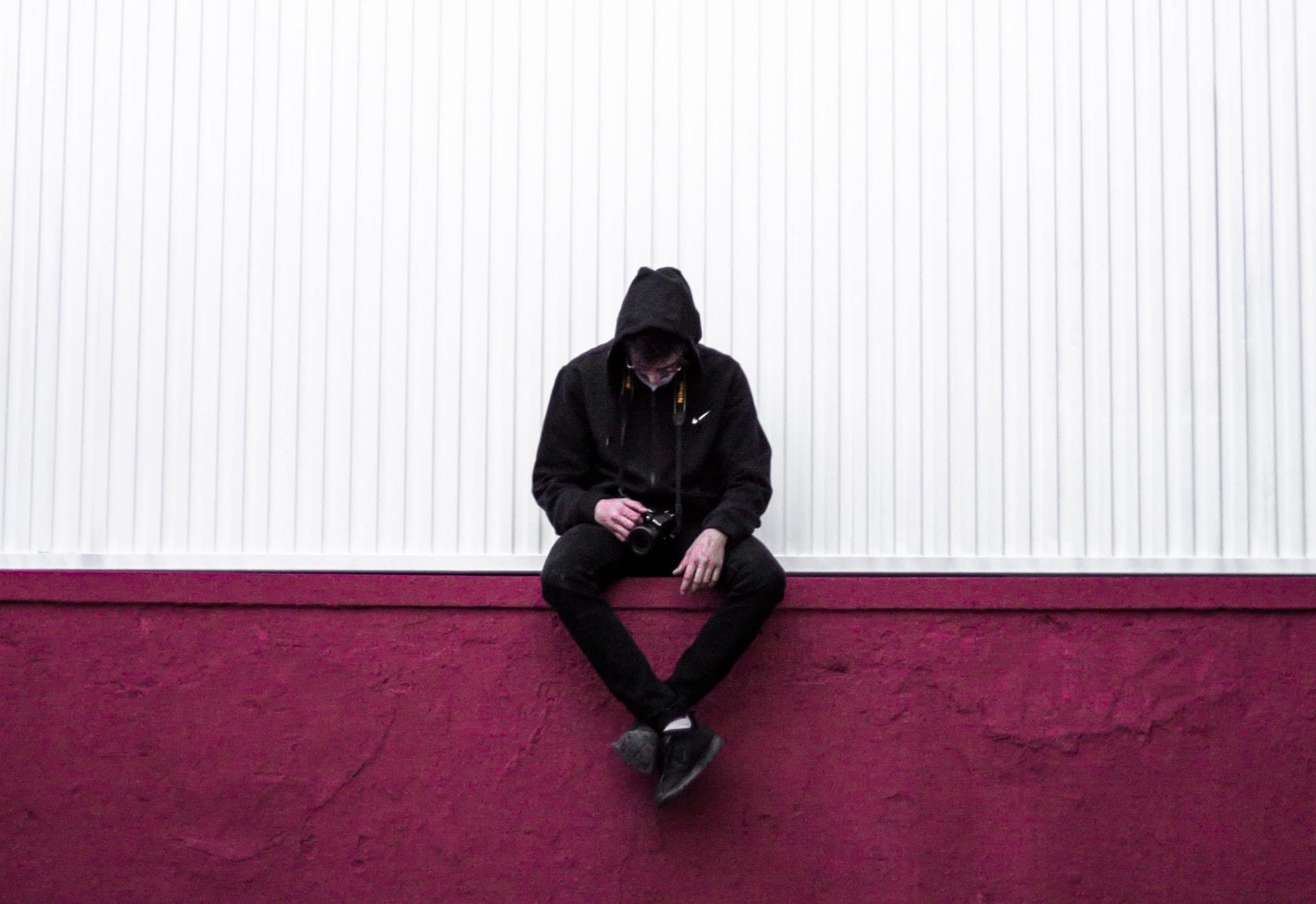Everyone feels anxious about social situations from time to time—like meeting a new person or giving a class presentation. Other people might feel nervous about social events like attending a party. Occasional social anxiety and shyness are expected, and they’re nothing to worry about.
Sometimes, people experience an extreme, persistent, and intense fear of social situations that interferes with their work, school, and daily life. People with social anxiety may fear social interactions or worry excessively about upcoming social situations for weeks. In some cases, people with social anxiety will intentionally avoid social interactions.
Social anxiety disorder—previously known as social phobia—is classified as a type of anxiety disorder by the Diagnostic and Statistical Manual of Mental Disorders. Social anxiety disorder is a common type of anxiety disorder, and the symptoms of social anxiety can be treated and helped in various ways.

When does social anxiety happen?
Social anxiety disorder affects everyone differently. Those with social anxiety disorder may experience intense anxiety in the following situations:
- Talking to new people
- Performance situations, such as speaking in front of people
- Dating
- Maintaining eye contact
- Entering a room
- Going to social events
- Eating in front of other people
- Going to school or work
- Starting a conversation
Symptoms of Social Anxiety
The symptoms of social anxiety vary depending on the person. In a stressful social situation, sufferers of social anxiety disorder may experience physical symptoms such as:
- Racing heart or tremors
- Muscle tension
- Nausea or stomach issues
- Dizziness or lightheadedness
- Excessive sweating
- Shortness of breath
- “Out-of-body” sensation
- Panic attacks
Sufferers of social anxiety disorder may experience physical symptoms immediately before a social event or may spend weeks worrying about it.
Social fears and avoidance can affect your relationships and friendships. They can also cause:
- Low self-esteem
- Negative thoughts
- Depression
- Sensitivity to criticism
- Substance abuse
- Inability to make small talk
- Difficulty making eye contact
- Other poor social skills that don’t improve

Find a Therapist to Help With Social Anxiety
Get personalized matchesWhat should you do if you have social anxiety?
If you’re struggling with social anxiety and avoidance, the first step to combatting your fear of social situations is to receive an accurate diagnosis—usually by a clinical psychologist, psychiatrist, counselor, social worker, or family therapist. The treatment of social anxiety disorder typically involves a holistic approach, including:
- Therapy: Psychotherapy can help anxious people develop strategies to manage and reduce anxiety. Both individual and group therapy can be beneficial in treating social anxiety disorder and social anxiety symptoms like anxiety attacks.
- Check-ups: It’s important to talk to your primary care doctor about your anxiety symptoms to rule out any underlying physical health conditions. Your doctor may refer you to a mental health professional, such as a psychiatrist, psychologist, or clinical social worker for mental health treatment.
- Medication: Anti-anxiety medications, antidepressants, and beta-blockers are commonly used to treat social anxiety. Although anti-anxiety drugs can help reduce feelings of anxiety, current research suggests that people can build up a tolerance if they are taken over a long period. Antidepressants—particularly selective serotonin reuptake inhibitors (SSRIs)—can help treat the symptoms of social anxiety. Beta-blockers are often considered the medication of choice for performance anxiety and treating the physical symptoms of anxiety. Your psychiatrist will work with you to find the best medication, dose, and duration of treatment.
- Support groups: Many people with anxiety disorders find support groups helpful. In a group of people who are all struggling with social anxiety disorder, you can meet new people, talk openly in front of others, learn new skills, and receive honest feedback from others in the group. Support groups can help people overcome their social phobia and realize their thoughts about rejection are not true.
- Self-care: Eating a balanced diet, maintaining regular sleep patterns, and regularly exercising can boost your mood and help ease anxiety symptoms. Aim to make time for activities that you enjoy, whether that’s reading a book, going for a walk, or picking up a new hobby.
Therapy for Social Anxiety
Social anxiety disorder is generally treated with a combination of psychotherapy and medication. Common types of therapy used to treat social anxiety disorder include:
- Cognitive-behavioral therapy (CBT): As a type of psychotherapy, CBT is the most common type of therapy used for social anxiety disorder. CBT teaches anxious people different ways of thinking, behaving, and reacting to social situations to help ease feelings of anxiety and fear. CBT can also help you learn and practice social skills.
- Acceptance and commitment therapy (ACT): ACT involves components of both CBT and mindfulness, along with other strategies, to help anxious people adopt an acceptance approach and change their fear response to social anxiety.
- Psychodynamic psychotherapy: Psychodynamic therapy involves exploring past experiences and how they influence current thinking and behavioral patterns. Psychodynamic therapy can help people gain insight into how their past has influenced their approach to social interactions and experiences with social anxiety.
If you’re struggling with social anxiety, don’t hesitate to reach out for professional help. Social anxiety disorder can prevent you from reaching your true potential, leading you to avoid social events and friendships out of nervousness, discomfort, or fear of embarrassment.
To find a mental health professional, consider reaching out to a therapist through WithTherapy. At WithTherapy, we’ll connect you with a mental health professional, psychologist, or counselor you feel comfortable with, regardless of your personal preferences and requirements. One of the qualified therapists on the WithTherapy platform will help you explore your social phobia and anxiety symptoms to help you combat negative thoughts and live a more fulfilling life.
Find a Therapist to Help With Social Anxiety




